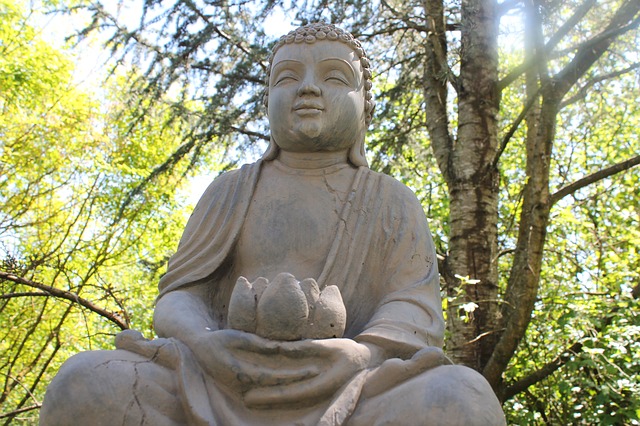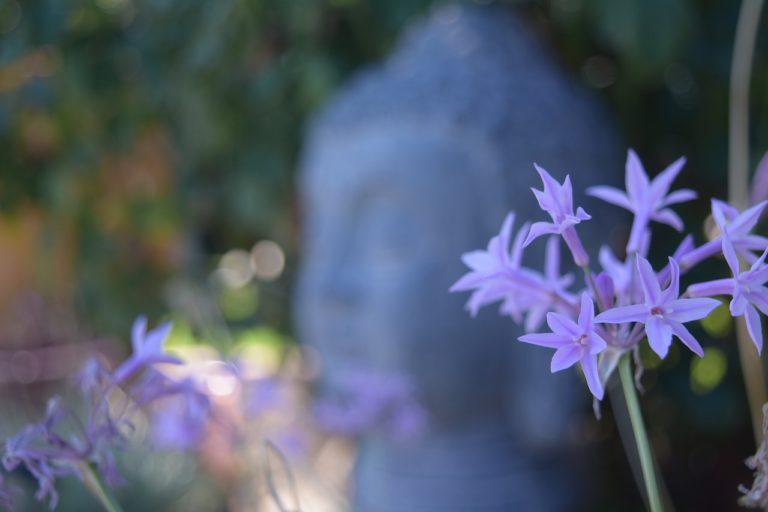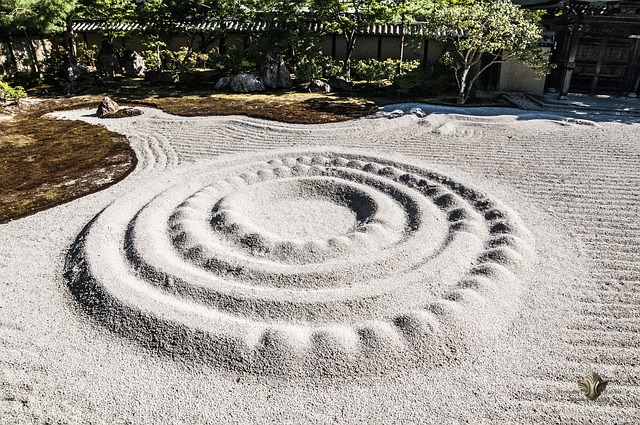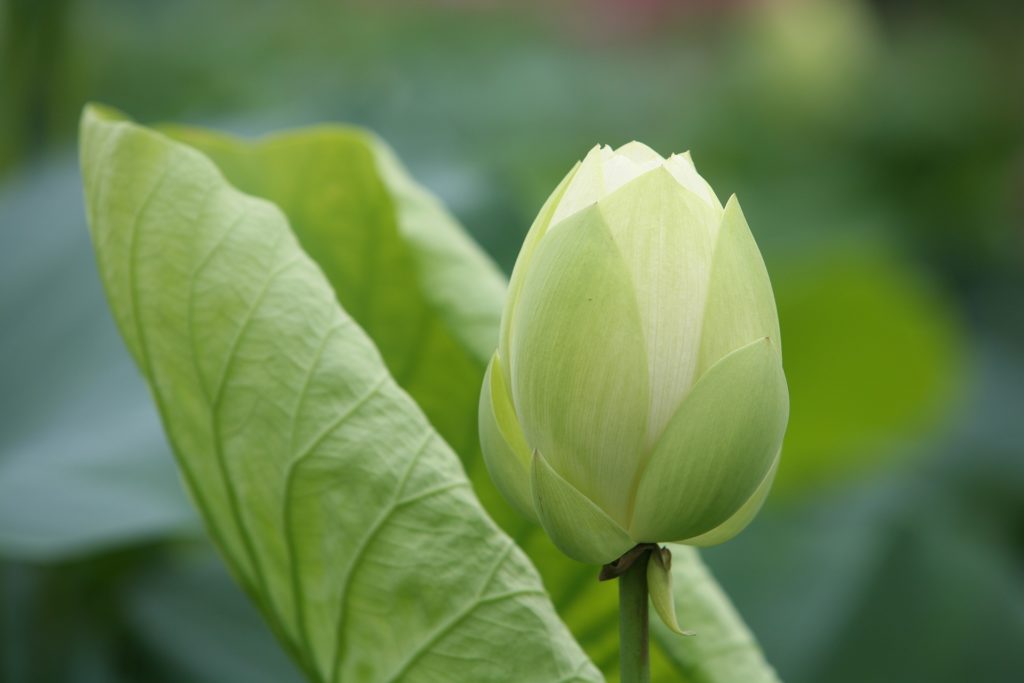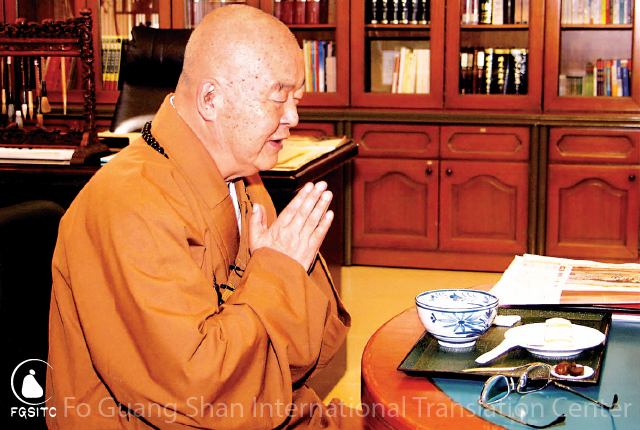
Compassion is the father, the bodhi mind the mother. Good methods are like friends because they save all sentient beings.
— Great Collection of True Dharmas Sutra
Compassion Is the Father
Compassion removes suffering and creates joy. The sutra says, “The power of the Dharma is beyond expression. Nothing can obstruct compassion.”
Compassion is the root source of all good. Compassion is the heart of Buddhism. Compassion is an emotion. It is a state of mind. It is the bodhi mind. It is the Buddha nature and it is the ultimate reality. Compassion is truth in its purest form.
The sutras repeat this many times in many different places. They say, “Compassion is first,” or “Compassion is the source,” or “The bodhisattva is born of compassion and not from anything else.”
In human life, all of us have been created from the seed of our fathers. Without that seed we would not be here. In the same way, without the seed of compassion, growth into the fullness of the Buddha nature is not possible and thus the Da Jihui Zhengfa Sutra says, “Compassion is the father.”
The Avatamsaka Sutra says that there are ten conditions that lead to the birth and growth of compassion. 1) Recognizing that we depend on and are part of all sentient beings. 2) Recognizing that sentient beings are disturbed at their very cores. 3) Recognizing that sentient beings lack goodness. 4) Recognizing that sentient beings are as if asleep on a long night. 5) Recognizing that sentient beings do many kinds of bad things. 6) Recognizing that sentient beings are ruled by their desires and passions. 7) Recognizing that sentient beings are sunk deep in the sea of birth and death. 8) Recognizing that sentient beings suffer greatly. 9) Recognizing that sentient beings do not want to do good. 10) Recognizing that sentient beings are far from the Dharma.
It is well worth spending some time thinking about these ten conditions. Sentient beings are deluded, angry and very often unfriendly. If we are going to help them, it is important not to have too many illusions about them before we begin.
The Bodhi Mind Is the Mother
The bodhi mind is that part of us which seeks to grow toward the Buddha nature as it simultaneously tries to help others. If we want to grow morally only so that we can reap rewards for ourselves, then we will go to heaven where we will spend a long time amidst pleasant surroundings. Eventually, however, we will fall back into one of the lower realms. If we want to grow morally only to release ourselves from the cycle of birth and death, then we will miss the highest turn in the road. Our consciousness will remain on a lower plane for a very long time. The Avatamsaka Sutra says, “One who loses sight of the bodhi mind and yet tries to cultivate goodness will fall prey to demonic forces.”
The bodhi mind is the middle path that seeks the benefit of the self and others at the same time. Just as a mother must feed and care for herself in order to care for her child, so the bodhi mind seeks its own growth even as it expends great energy to help others.
The bodhi mind is like a compassionate mother because she bears and raises all bodhisattvas.
— Avatamsaka Sutra
Good methods Are Like Good Friends
Good friends help each other and do not let each other down. Any good method that leads sentient beings closer to the truth can be compared to a good friend since its basic purpose is to help.
The wise methods of Buddhism are capable of lifting all sentient beings out of the ocean of suffering. Buddha taught the Four Noble Truths for this purpose. He also taught the Three Dharma Seals for this same purpose. These, plus the Noble Eightfold Path, are absolutely essential to the practice and understanding of Buddhism. Once one is well grounded in these, one can begin to uphold the Five Precepts, progress in the Four Immeasurable States of Mind and realize truth via the Ten Wholesome Deeds.
Beyond these wise methods, Buddhism contains many other trail markers that lead us toward a realistic appreciation of conscious reality. These include the Thirty-Seven Conditions Leading to Buddhahood and the Fifty-Two Stages of the Bodhi Way among many others. The Buddha showed us many ways to understand life. We may understand these ways one at a time or we may take them together. The important thing to remember is that compassion is always the source of everything. As the Buddha said:
The bodhisattva is great beyond words. Why do I say that? Because the bodhisattva knows very deeply that birth and death result from and cause all manner of transgression. The bodhisattva contemplates nirvana and the greatness of it. He compares nirvana to the cycle of birth and death in which sentient beings are trapped and in which they suffer immensely and he does not turn away from them. This is why I say the bodhisattva is great beyond all words.
— Mahaparinirvana Sutra
From Being Good, written by Venerable Master Hsing Yun.
Image from Pixabay.

